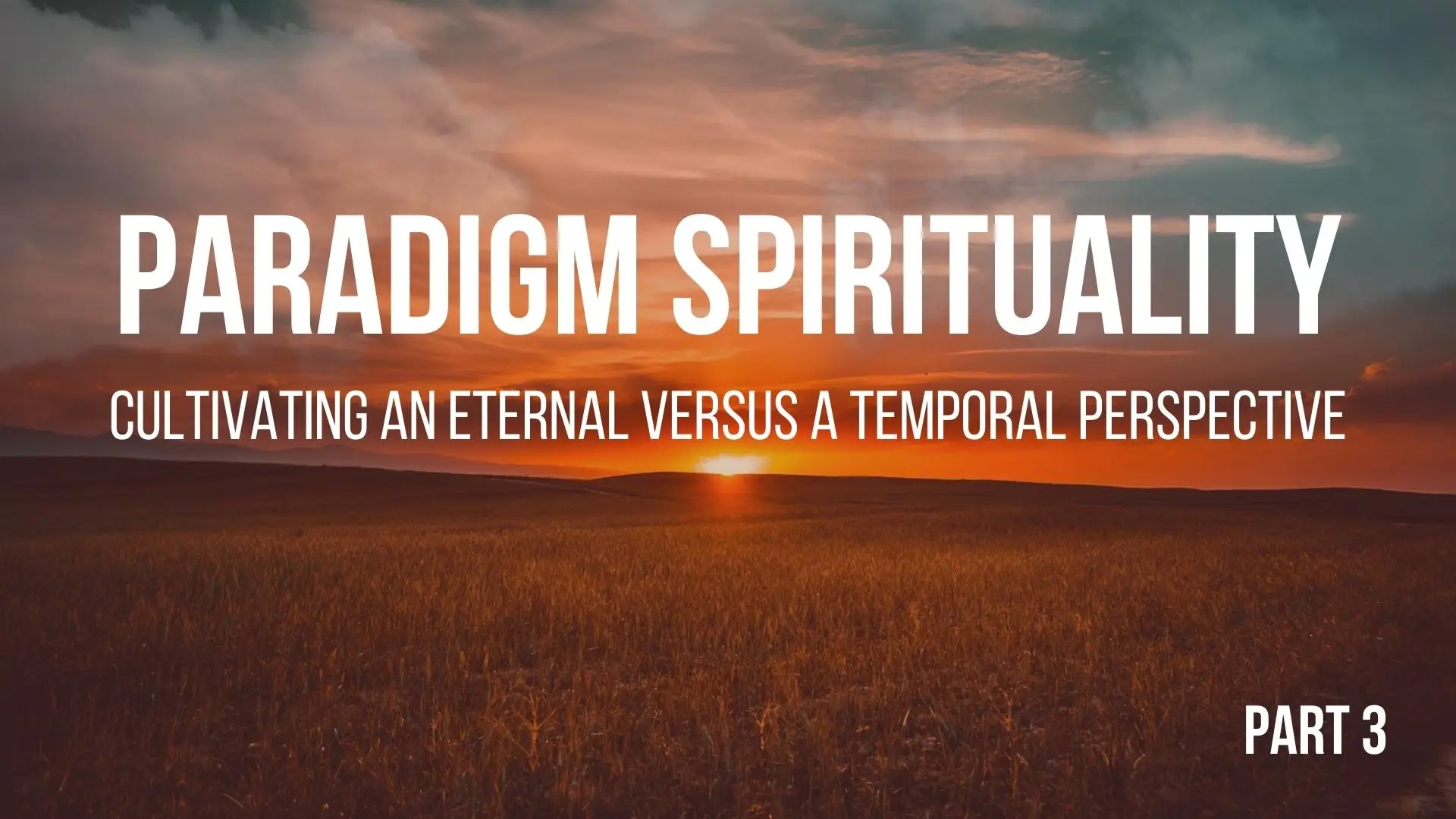There are two rival value systems that we contend with daily. The value system of the world (the temporal value system) places no demands on us to trust God, for it is based on what is seen. In contrast, the value system of the Word (the eternal value system) is based on the unseen. We are called to live by the value system of the Word; this is a large part of what it means to walk by faith (2 Corinthians 5:7; cf. Romans 8:24–25).
The Wisdom of the World
The wisdom of the world maintains that this world is all there is, and the chief end of man is to maximize our pleasure and minimize our pain—to build a name for ourselves and pursue fame and popularity at any cost. The world exalts wealth and status as the standards for success, security, and identity. In his Screwtape Letters, C.S. Lewis notes
Prosperity knits a man to the World. He feels that he is “finding his place in it,” while really it is finding its place in him. His increasing reputation, his widening circle of acquaintances, his sense of importance, the growing pressure of absorbing and agreeable work, build up in him a sense of being really at home in earth.[efn_note]C.S. Lewis, The Screwtape Letters (New York: Macmillian, 1950), 143–145.[/efn_note]
But we are not at home in this world. We are mere sojourners, pilgrims, on our way to our heavenly home.
The Wisdom of the Word
Unlike the world, the Word tells us that God is the greatest pleasure of all. Paul writes:
For the kingdom of God is not eating and drinking, but righteousness and peace and joy in the Holy Spirit. (Romans 14:17)
We can enjoy the good things in this world, but we must not forget that true peace and joy comes from God, and we will experience it fully in His kingdom.
Unlike the world, the Word tells us to walk humbly before God (1 Peter 5:6–7), to be people of integrity and character who manifest the fruit of the Spirit (Galatians 5:22–23). The Word tells us to be content and thankful whether we are facing lack or abundance (Philippians 4:10–14). Unlike the world, the Word tells us that to be great is to be least among the earth, serving others with love and humility (Luke 22:25–27; Mark 10:42–45; John 13:12–17).
This study is based on “Facet 2: Paradigm Spirituality” in Ken Boa’s Conformed to His Image: Biblical, Practical Approaches to Spiritual Formation, rev. ed.
Missed a part of the series? Catch up by clicking here.



